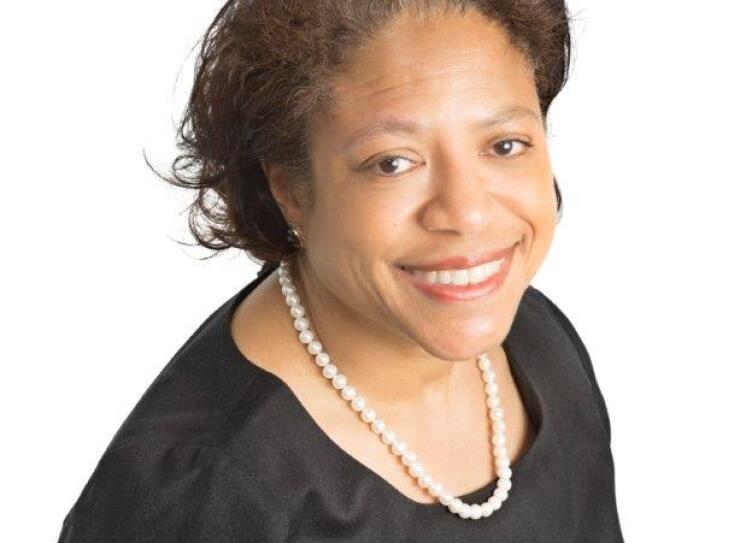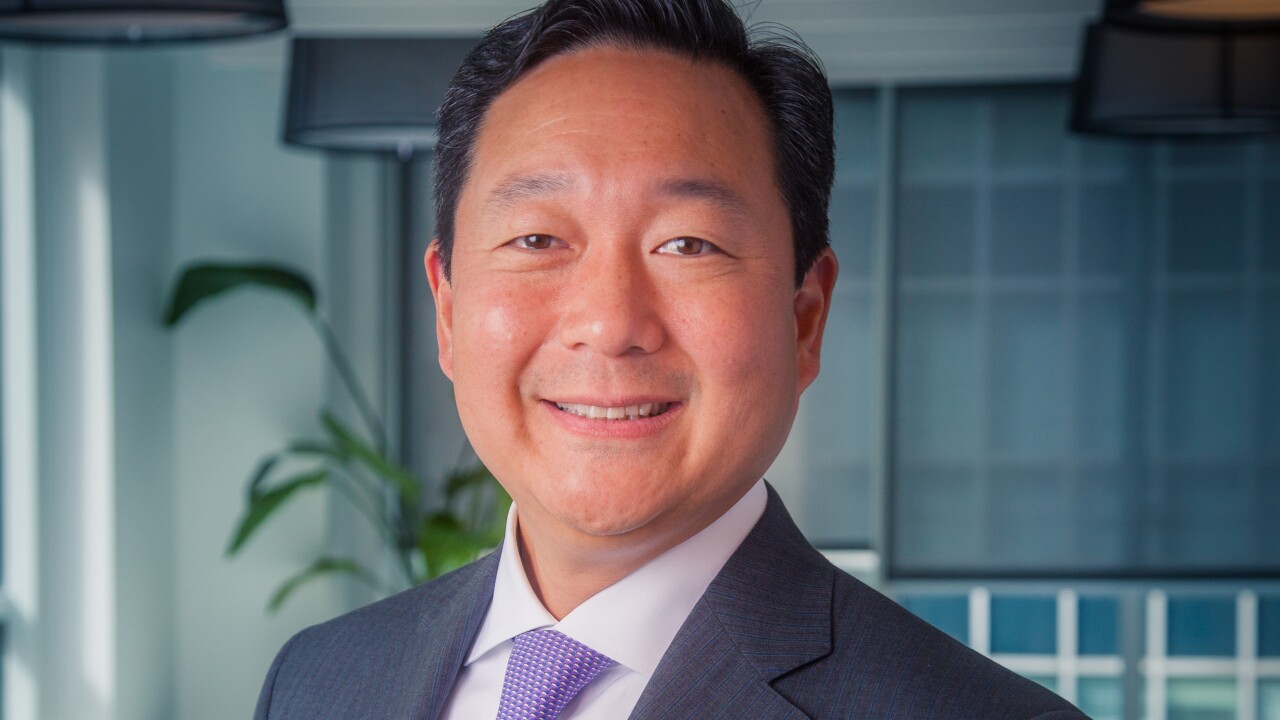Puerto Rico bankruptcy Judge Laura Taylor Swain postponed considering an Unsecured Creditors Committee challenge to the Puerto Rico plan of adjustment.
On Wednesday morning Swain said she’d rather consider the challenge in two stages — one as part of the process of approving disclosure for the plan and the other as part of confirming the plan.

At issue is the committee’s objection to the plan’s treatment of pensions and general unsecured claims in two distinct classes, with very different recoveries. While retirees are to get between 92.5% and 100% of what had been promised them, the plan proposes giving the general unsecured claims no more than 3.9%.
The committee says both have equal legal claim to Puerto Rico government money and thus should be treated the same.
Swain said she’d consider matters of law on this topic as part of the process leading to the disclosure hearing, scheduled for July.
Classification feasibility and fairness issues will be left for the confirmation hearing, scheduled for this fall, Swain said.
Also at the hearing, Swain declined to rule on UBS Financial’s motion for a lift stay in the Employees Retirement System bankruptcy. She said a local court should rule on a UBS counterclaim in ERS-related case. She denied the UBS motion without prejudice to the firm renewing it at a later point. She said UBS has the legal ability it needs to pursue its case in the local court.
Finally, in a filing for Wednesday’s hearing, the Puerto Rico Fiscal Agency and Financial Advisory Authority said the Puerto Rico Treasury Department has estimated that in the current fiscal year the commonwealth of Puerto Rico may lose between $1.5 billion and $1.6 billion in tax revenue due to reduced economic activity associated with the island virus lockdown and the delays in tax payments.
However, FAFAA Executive Director Omar Marrero estimated the economic impact in the current fiscal year, which ends July 1, would be $4 billion. “The total impact could be much greater depending on the trajectory of the virus and the ability of policy decisions to sustain households and businesses during this difficult period,” FAFAA lawyers said.





